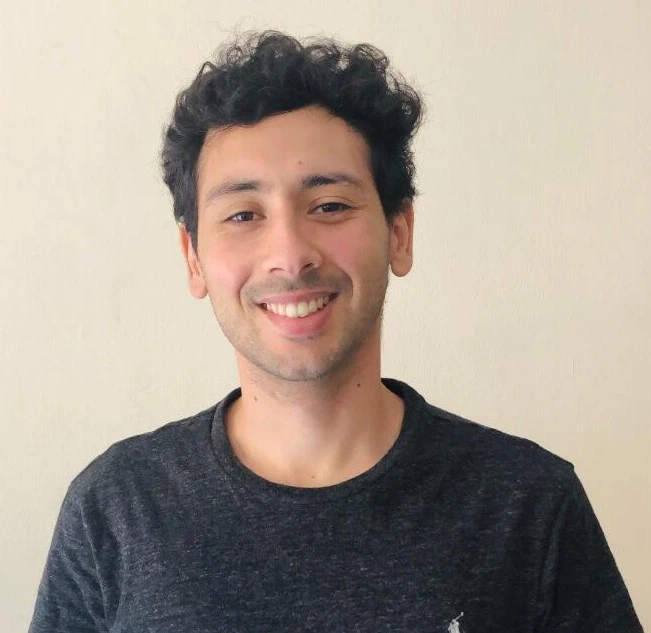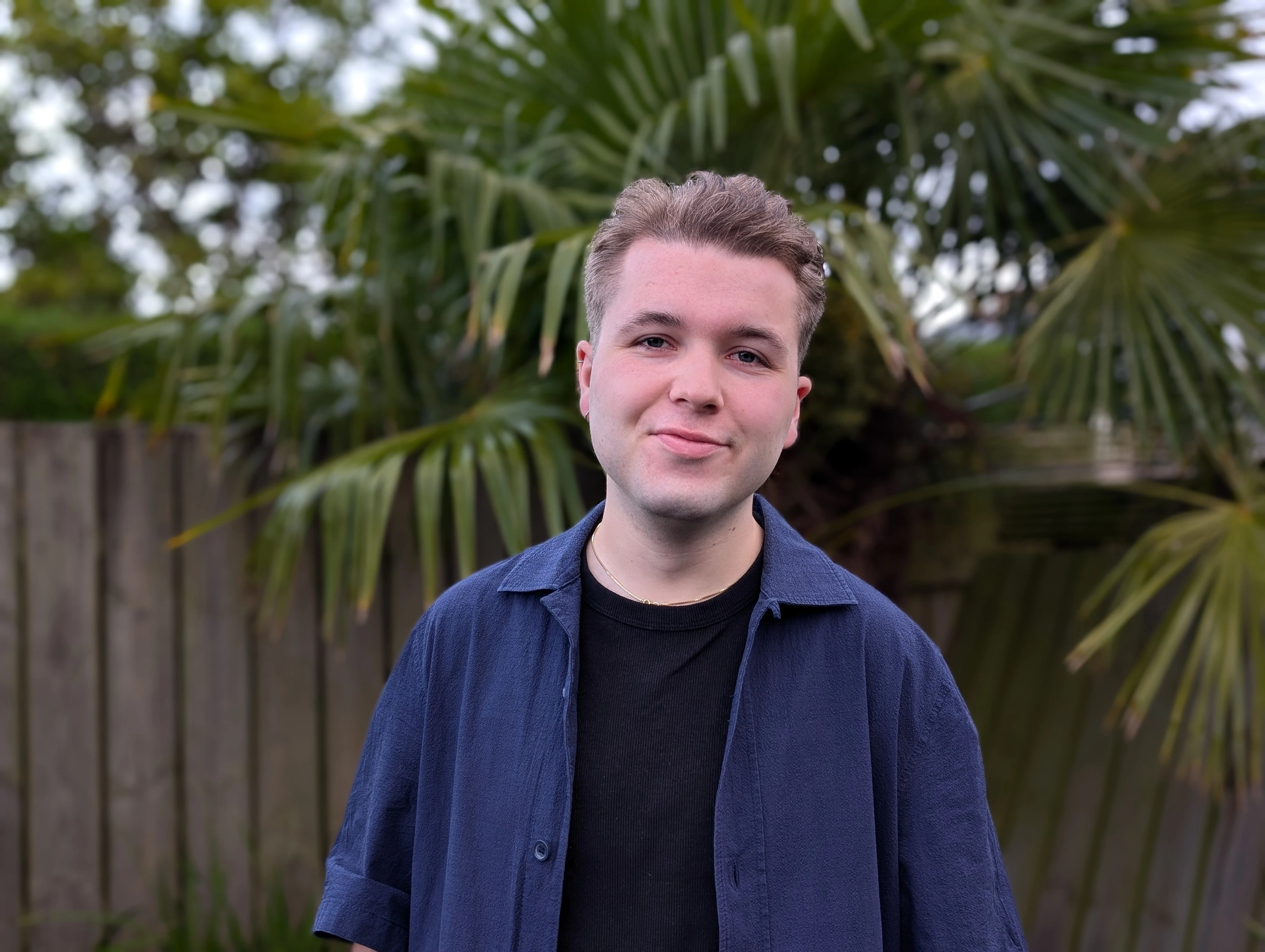Introducing the Seventh Cohort of Bloomberg Data Science Ph.D. Fellows (2024-2025)
December 09, 2024
Bloomberg is pleased to announce the newest cohort of three early-career researchers who have received the Bloomberg Data Science Ph.D. Fellowship for 2024-2025.
Now in its seventh cohort, the Fellowship is part of the firm’s efforts to engage the academic research community. The program awards financial aid and professional support to Fellows as they research their interests and gain real-world professional experience over the course of the academic year.
Each of these highly motivated students is engaged in research relating to ongoing areas of interest at Bloomberg. In addition to providing mentorship and professional development for the next generation of data science talent, the Fellowship has helped build relationships between Bloomberg and academic researchers at numerous institutions around the globe.
The goal of the Fellowship is to provide support and encouragement for a successful Ph.D. candidate, resulting in groundbreaking publications in both academic journals and conference proceedings, application development, open source contributions, and other forms of research dissemination. Participants were selected by a committee of Bloomberg data scientists from across the organization. They will also be supported through mentorship, career counseling, and research internships.
Meet the Bloomberg Data Science Ph.D. Fellows for 2024-2025
We asked this year’s Fellows to share a bit about themselves and their research interests.


Matías Altamirano
University College London (UCL), Department of Statistical Science | Fundamentals of Statistical Machine Learning Group
What made you want to apply for the Bloomberg Data Science Ph.D. Fellowship?
I applied for the Bloomberg Data Science Ph.D. Fellowship because it offers a fantastic chance to collaborate with other Fellows and Bloomberg’s AI researchers. It will also allow me to gain valuable insights into the real-world applications of my work and contribute to Bloomberg’s innovative efforts in data science.
What are your topics of interest in your research?
My research focuses on developing robust and computationally feasible Bayesian methods. Bayesian inference provides a natural and optimal framework for uncertainty quantification in complex models. However, this holds only when the model is well-specified, which often fails in the presence of outliers or when dealing with more complex data. To address this, I aim to develop advanced Bayesian methods that remain effective even under these challenging conditions.
What are the applications and potential impact of the research?
The ultimate goal of my research is to create safer and more reliable machine learning models. Advances that make Bayesian methodology more robust are not just technical achievements, but also are significant steps towards developing models that can make accurate predictions and provide meaningful uncertainty quantification.
What is your goal for the Fellowship?
I am particularly interested in developing models with a real-world impact, and this Fellowship will provide the perfect platform for this, in addition to giving me the opportunity to collaborate with other Fellows and Bloomberg’s AI researchers.


Andrew Parry
University of Glasgow’s School of Computing Science | Glasgow Information Retrieval (IR) Group
What made you want to apply for the Bloomberg Data Science Ph.D. Fellowship?
Information access in real-world applications presents a different challenge from those faced in academic settings. This Fellowship will allow me to tackle these difficult problems with real-world impact.
What are your topics of interest in your research?
Though providing information is a search engine’s primary goal, I am looking to model and guide facets of that goal, such as personalization, generalization to complex use cases, and mitigation of bias in neural systems through a unified mechanism.
What are the applications and potential impact of the research?
By guiding neural systems at runtime, we can align them with specific use cases, which may be dynamic, minimize harm, and promote broader adoption of neural approaches, which can ultimately be more effective if deployed responsibly. In modern tasks such as retrieval-augmented generation, large language models (LLMs) are compelling as interfaces for search and similar tasks; however, they reduce our agency over the information we consume; in providing explicit and human interpretable control, we can improve such end-to-end systems in a changing environment and satiate user concern in the case of bias.
What is your goal for the Fellowship?
I aim to learn everything I can from the Bloomberg team and make use of this opportunity to promote responsible and flexible neural systems in academic and applied settings. Specifically, I seek to expose existing flaws in neural search and provide realistic solutions that are rigorous in motivation and design, while ensuring they are easily applicable in multiple domains.


Shibo Hao
University of California San Diego’s School of Computing, Information and Data Sciences | Halicioğlu Data Science Institute
What made you want to apply for the Bloomberg Data Science Ph.D. Fellowship?
I applied for the Bloomberg Data Science Ph.D. Fellowship because of its prestige and the opportunity to collaborate with other Fellows and Bloomberg’s AI researchers. I’m excited to apply my research to real-world challenges, particularly in finance, economics, and social issues.
What are your topics of interest in your research?
My research centers on enhancing the reasoning capabilities of large language models (LLMs). Specifically, I am interested in developing a System 2 reasoning framework, which integrates a world model to simulate the consequence of any actions, a reward model to evaluate the reasoning process, and a search algorithm for making decisions based on future outcomes. This approach allows LLMs to plan more strategically and make informed decisions, similar to how humans reason through complex problems.
What are the applications and potential impact of the research?
By improving the general reasoning abilities of LLMs, they could take on complex tasks across industries, significantly boosting productivity.
What is your goal for the Fellowship?
My goal for the Fellowship is to advance research in LLM reasoning, engage in impactful collaborations, and learn from Bloomberg’s AI experts to further develop my work.